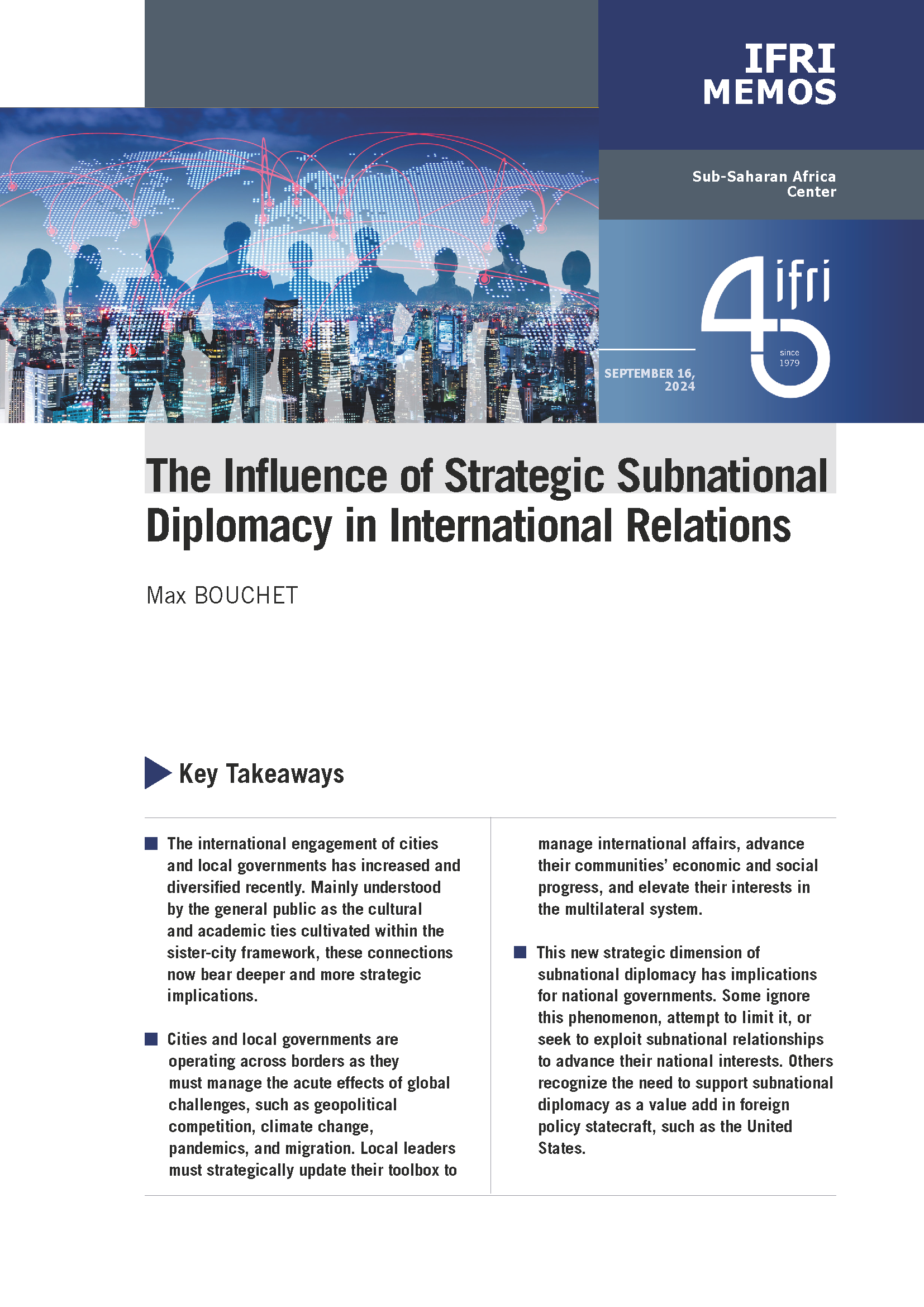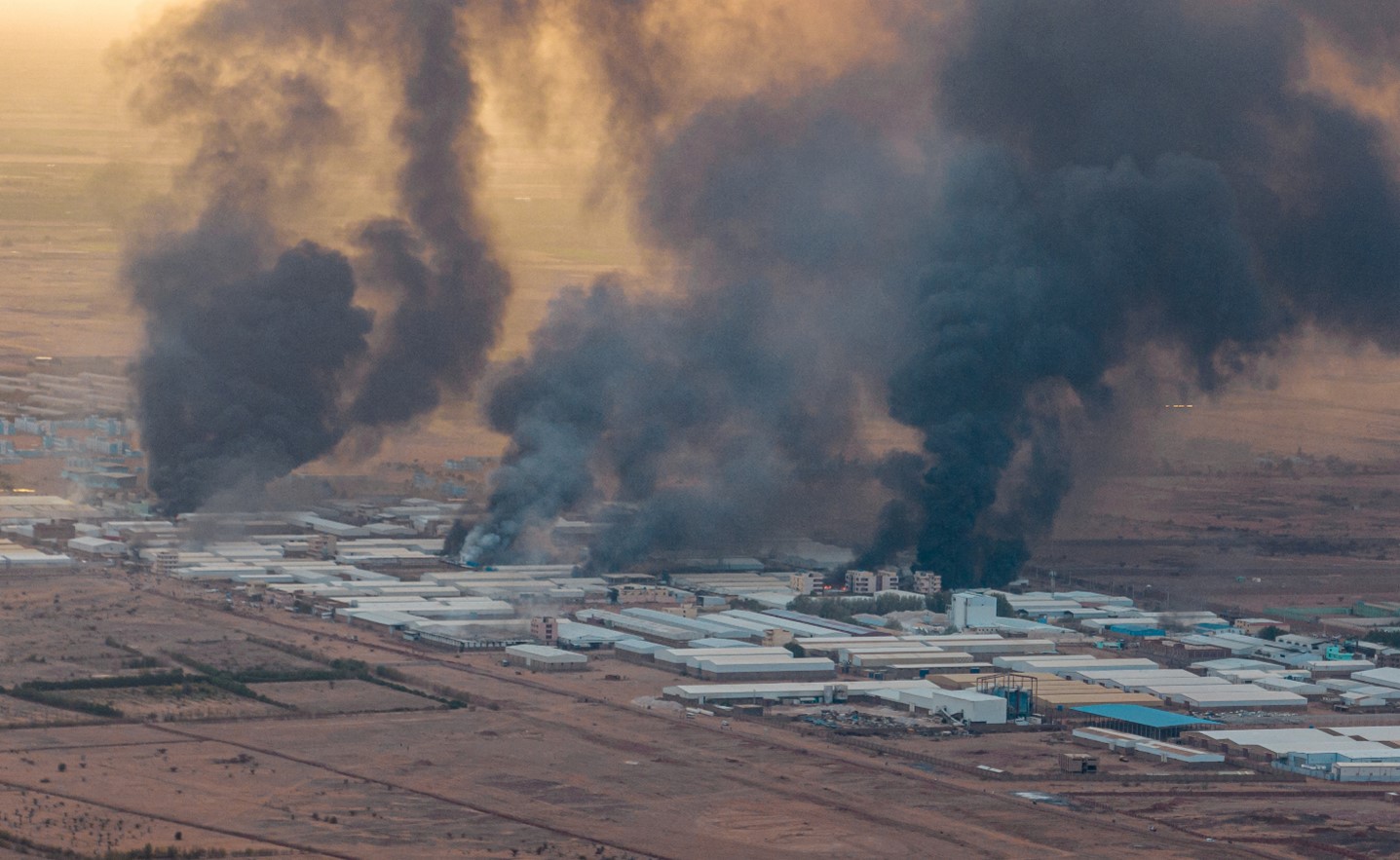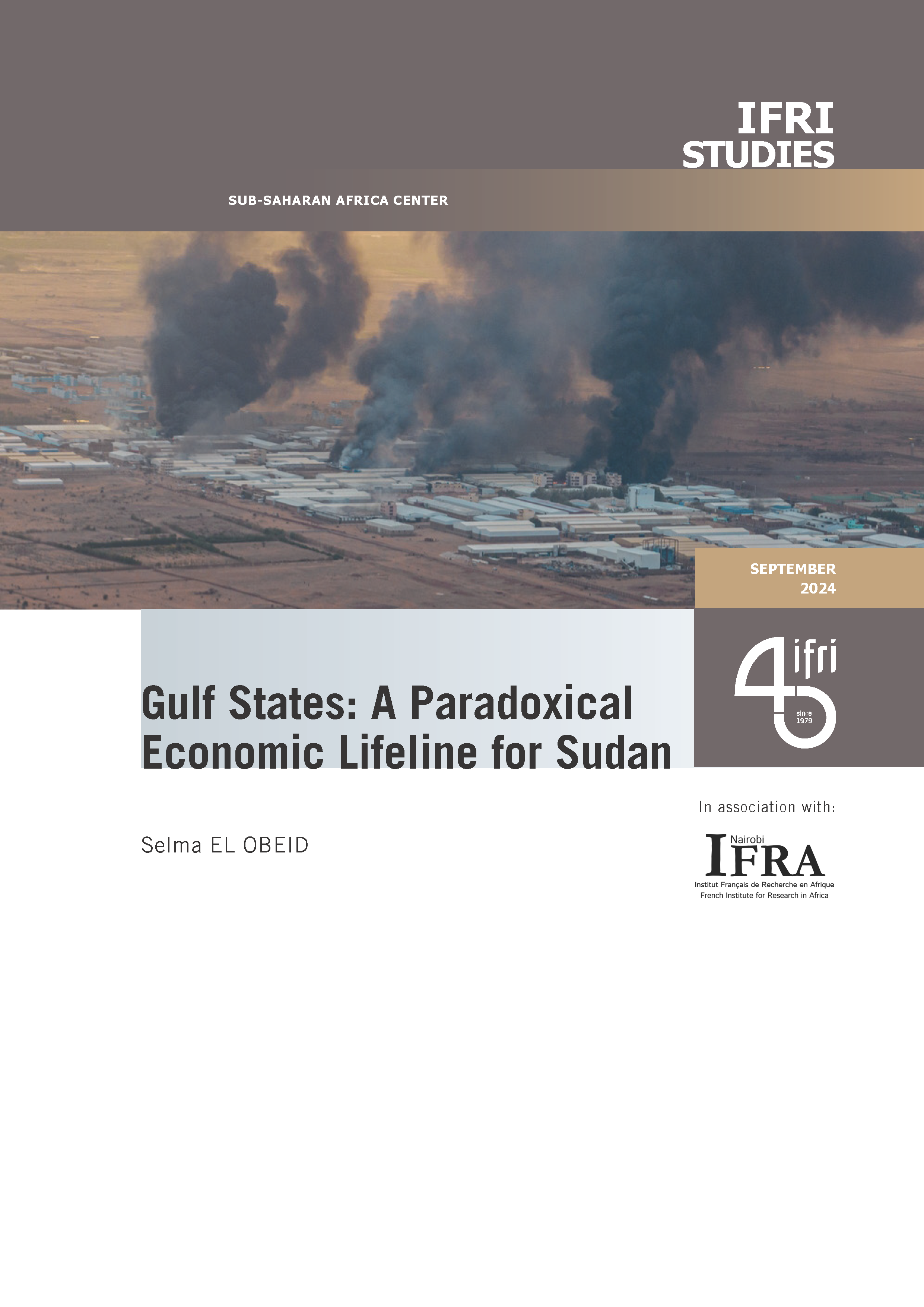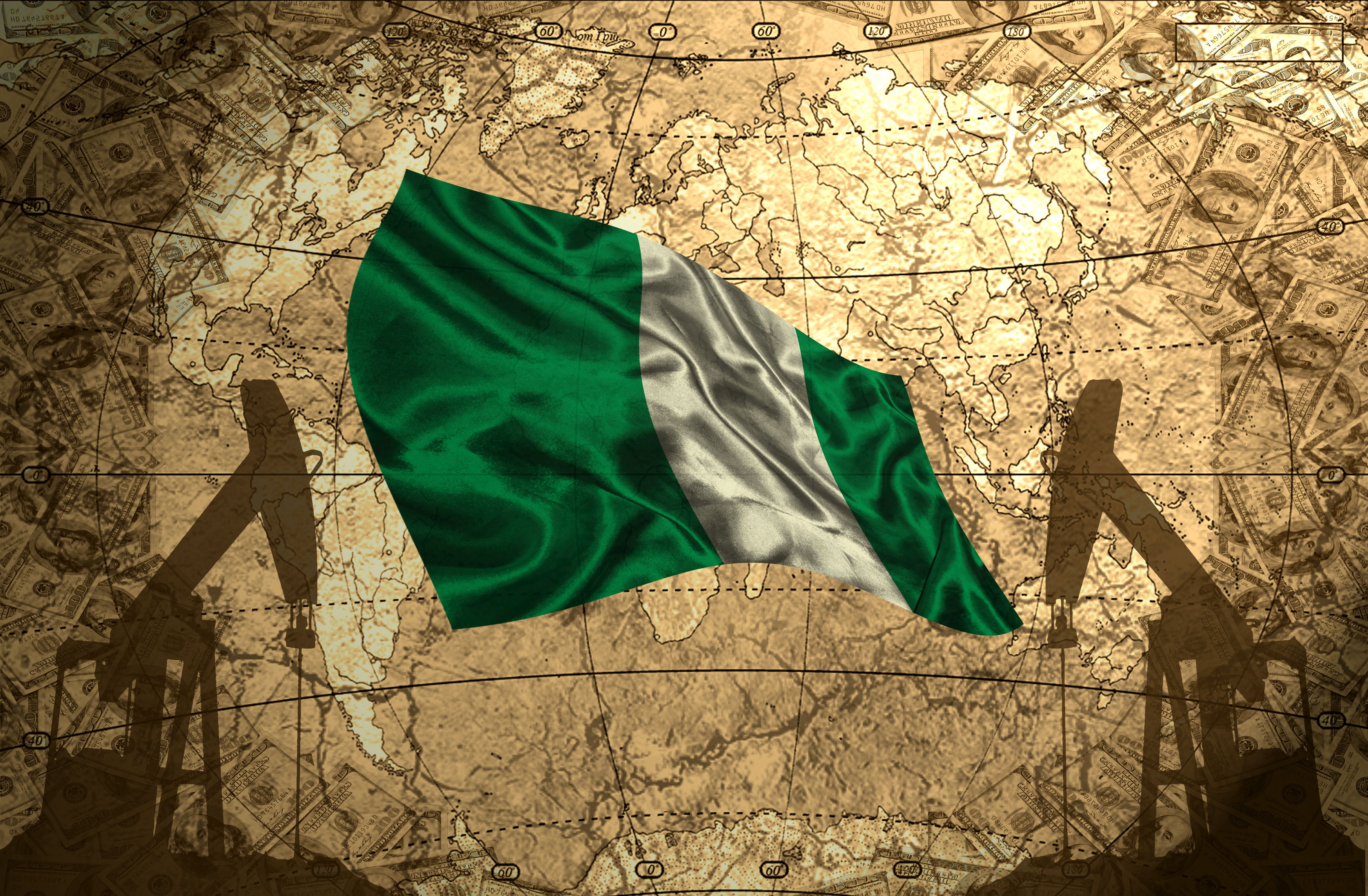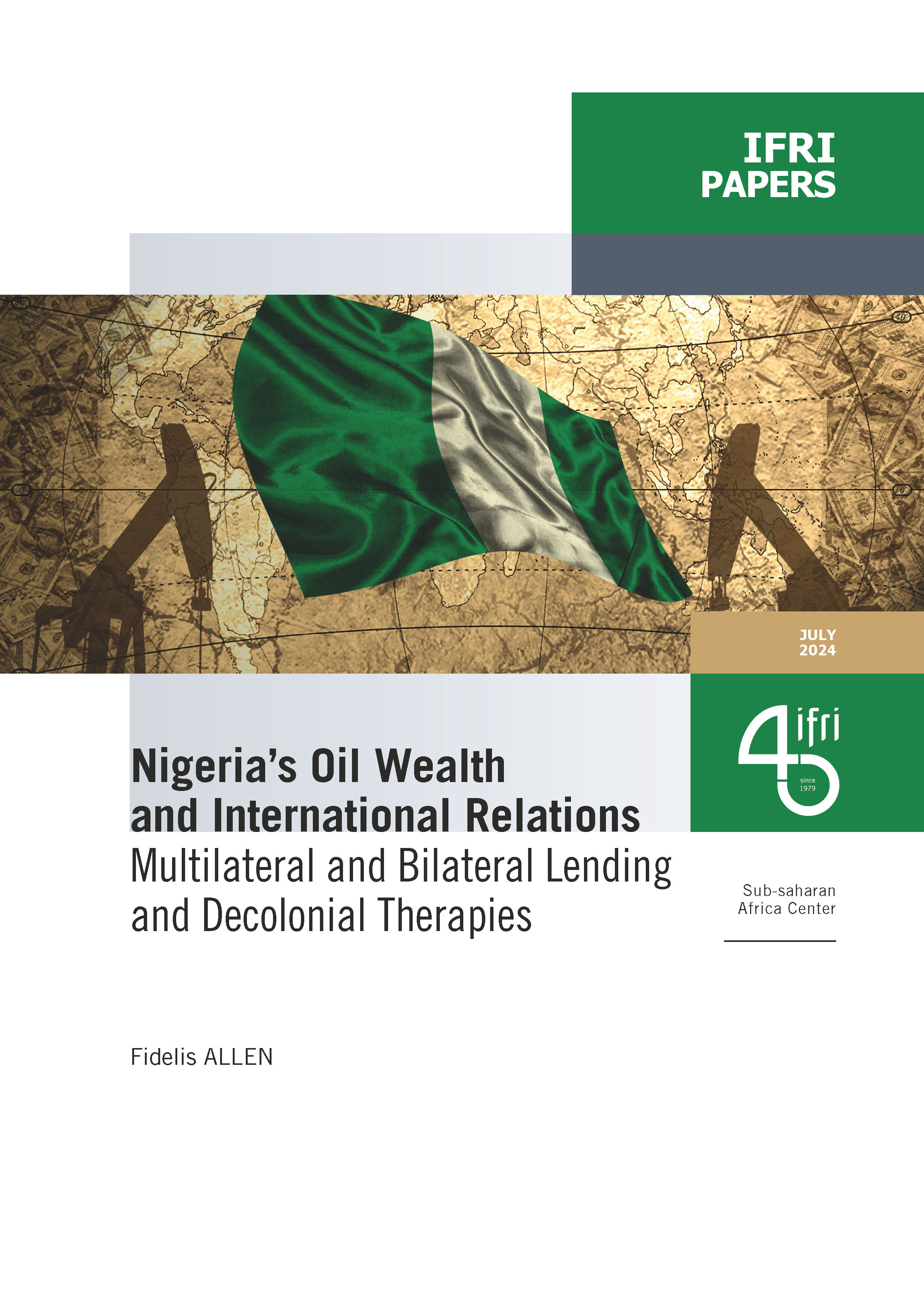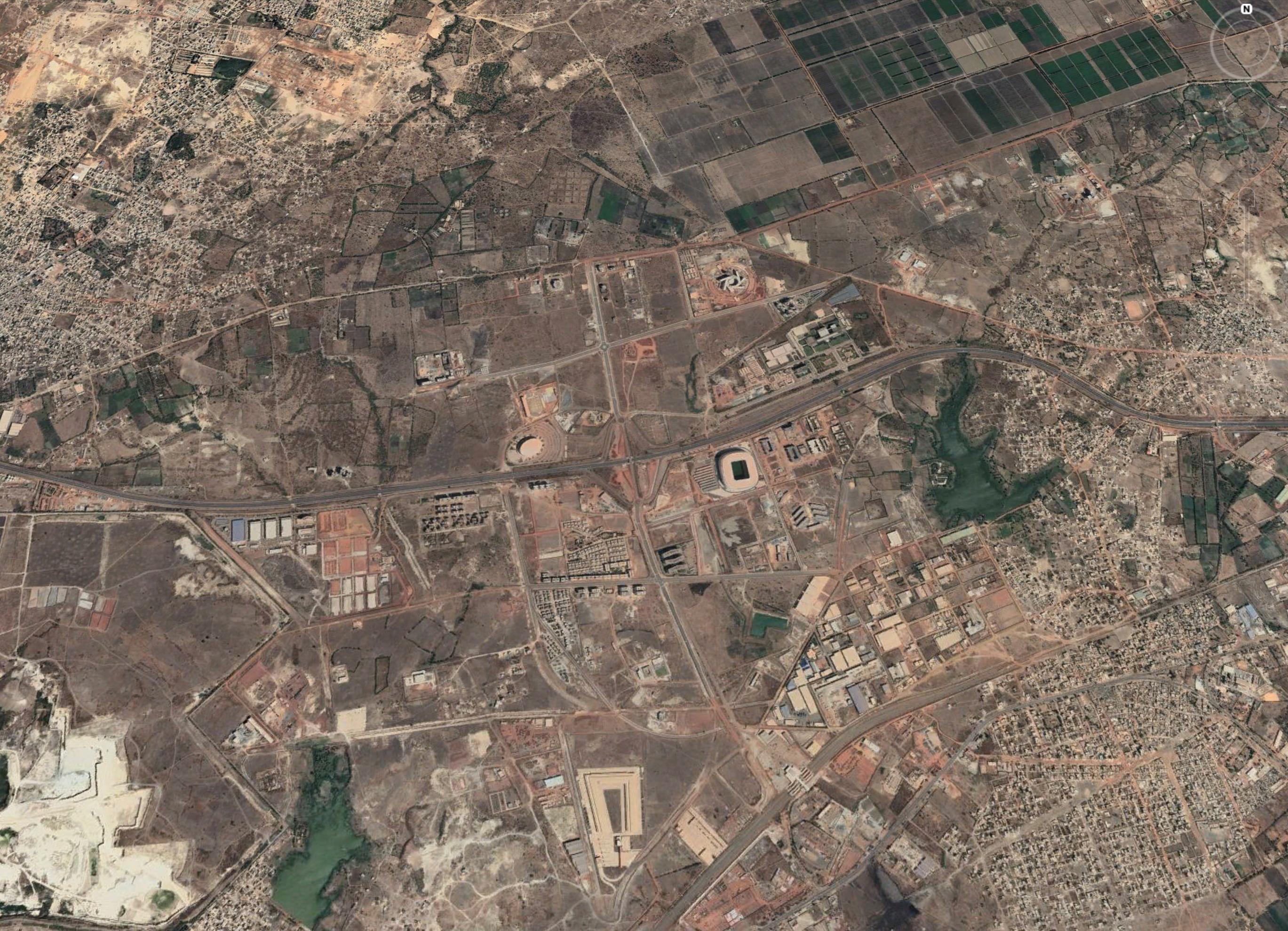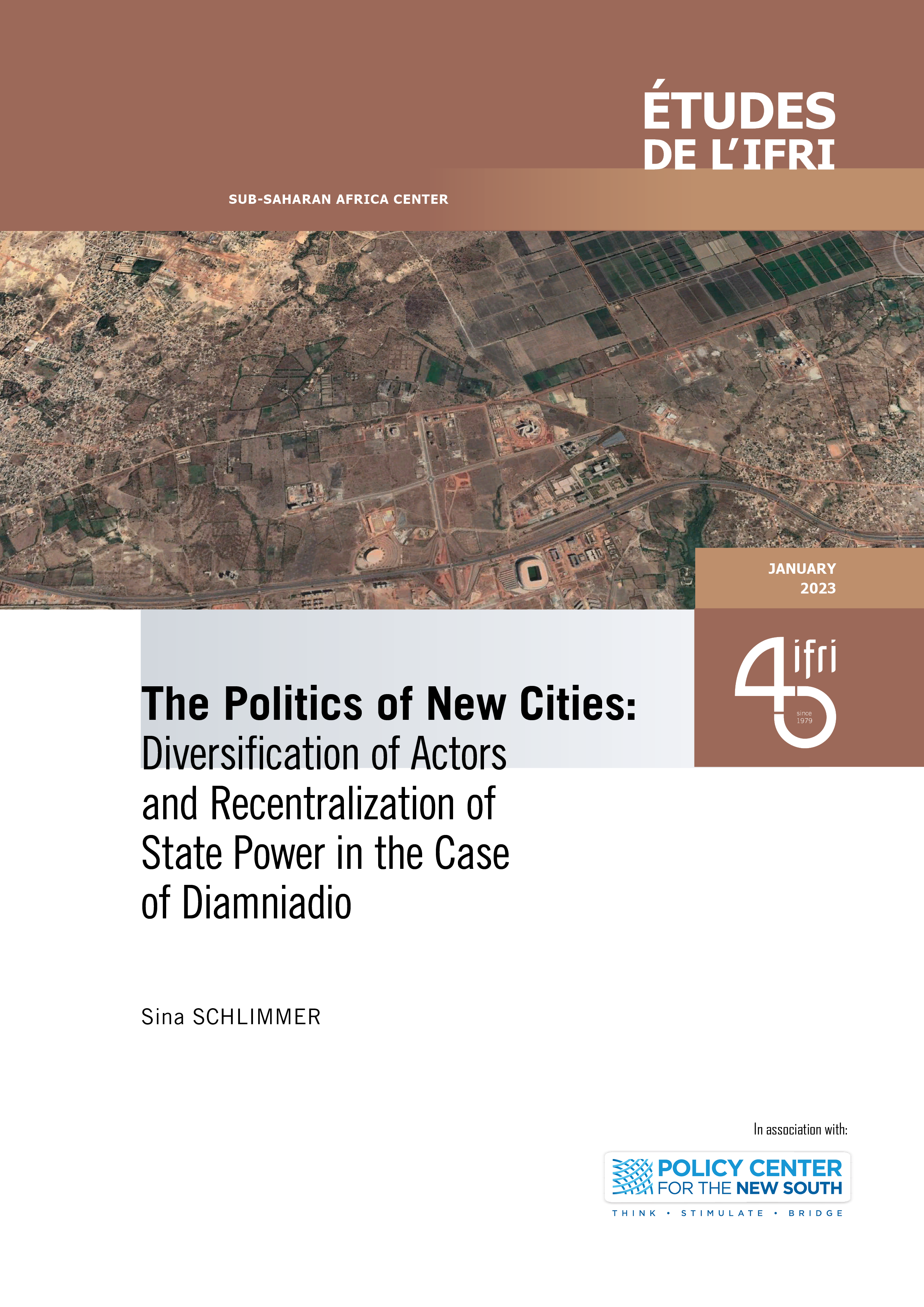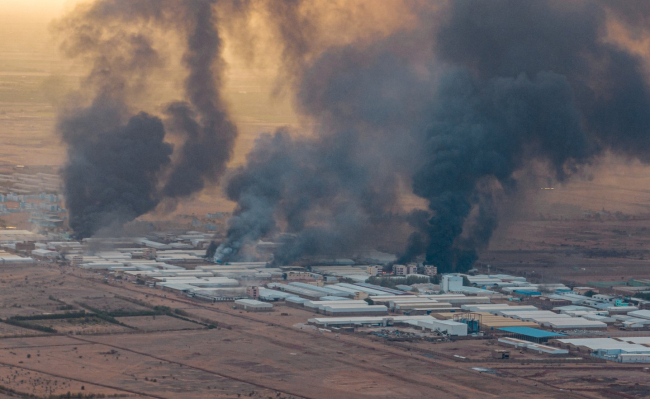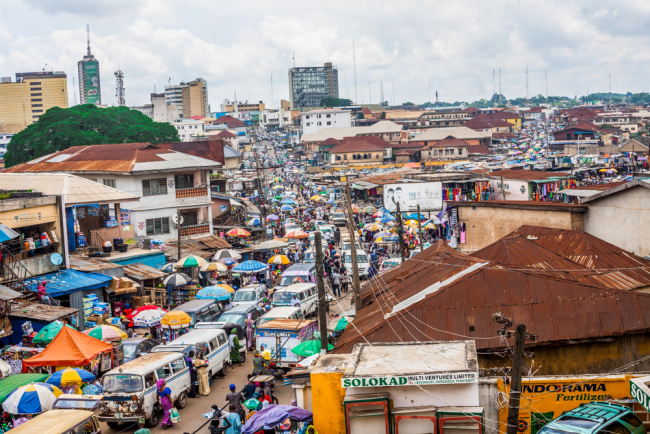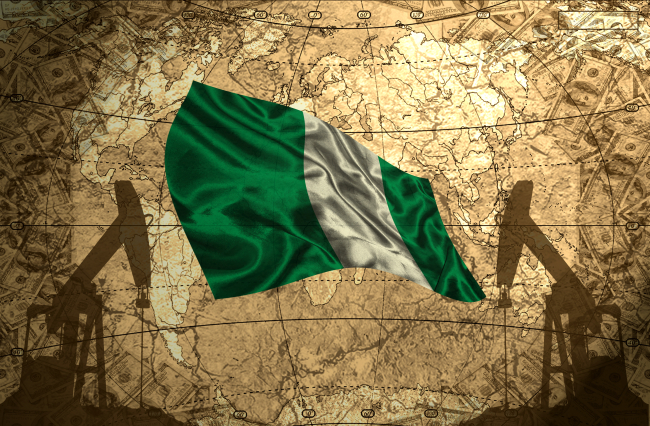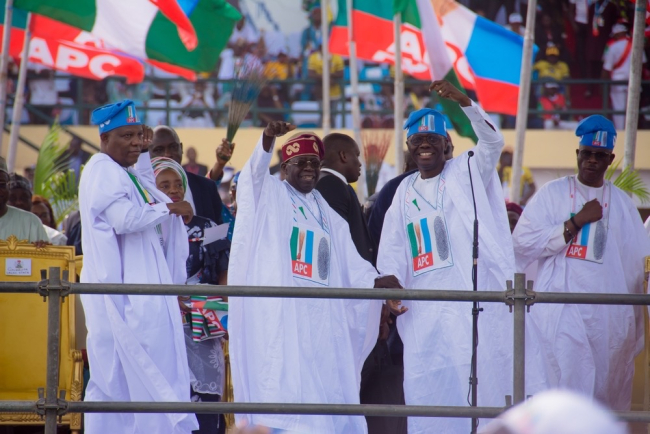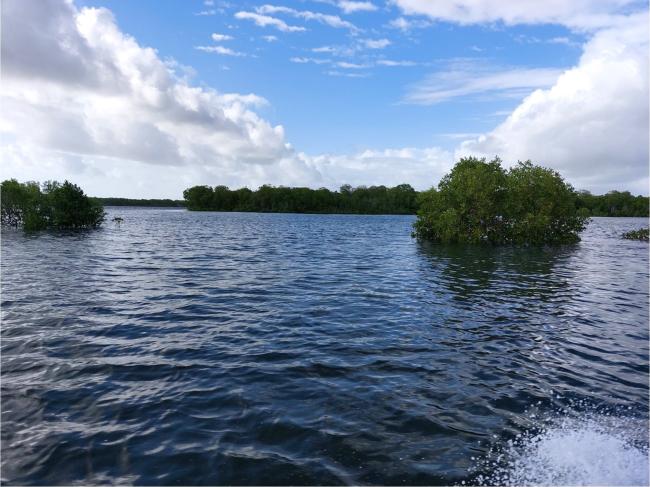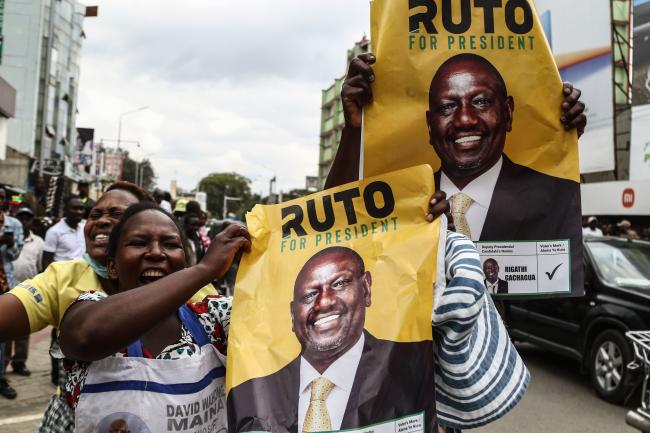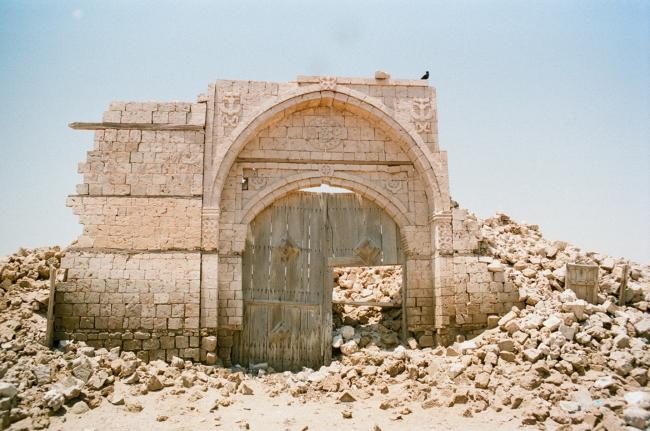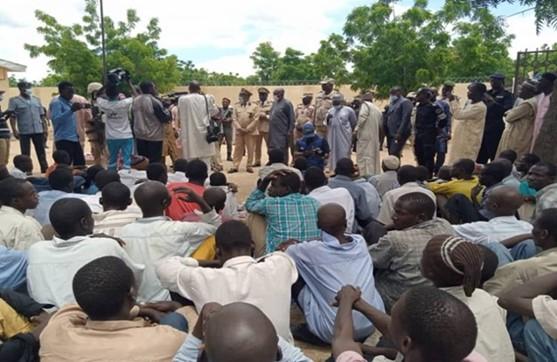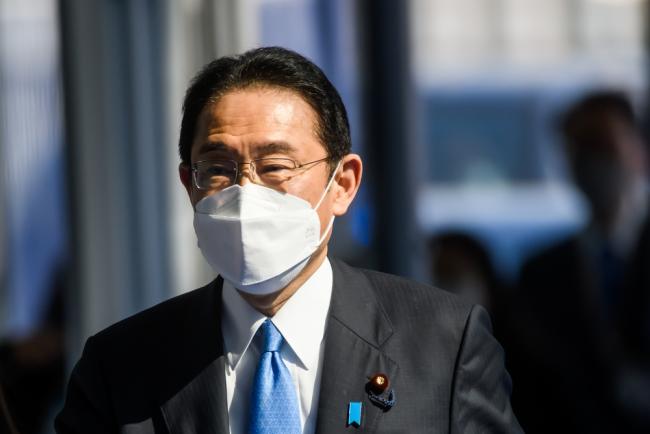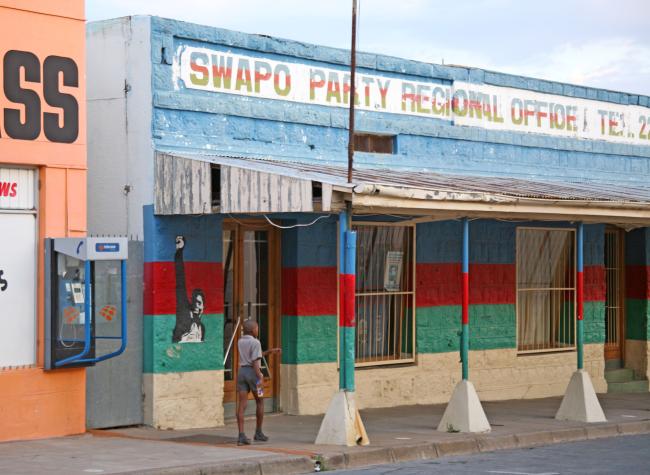Sub-Saharan Africa Center
Founded in 2007, Ifri's Sub-Saharan Africa center produces an in-depth analysis of the African continent and its security, geopolitical, political and socio-economic dynamics (in particular the phenomenon of urbanization). The Center aims to be both, through various publications and conferences, a space for disseminating analyzes intended for the media and the public but also a decision-making tool for political and economic actors with regard to the continent.
The center produces analyses for various organizations such as the Ministry of the Armed Forces, the Ministry of Europe and Foreign Affairs, the Organization for Economic Cooperation and Development (OECD), the French Development Agency (AFD) and even for various private supports. Its researchers are regularly interviewed by parliamentary committees.
The organization of events of various formats complements the production of analyzes by bringing the different spheres of the public space (academic, political, media, economic and civil society) to meet and exchange analytical tools and visions of the continent. The Sub-Saharan Africa Center regularly welcomes political leaders from different sub-Saharan African countries.
Read more

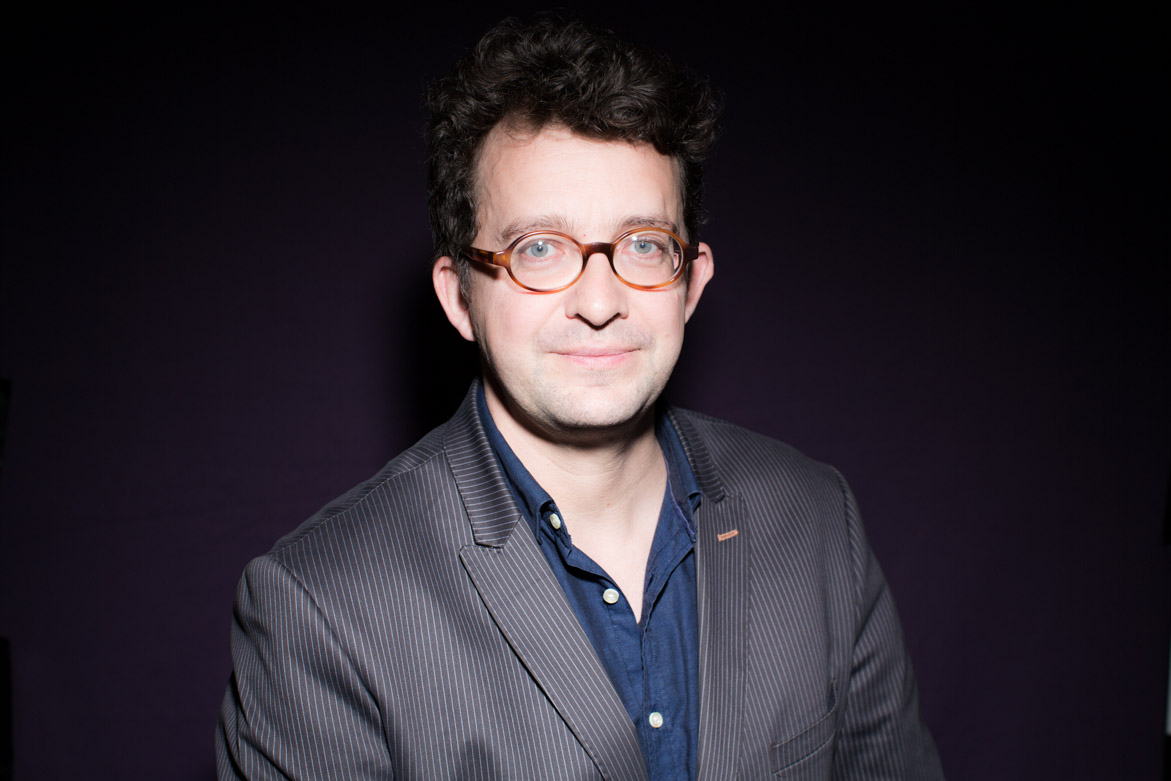
Researcher and Head of the Sub-Saharan Africa Center, Ifri
Publications
See all our interventions
Flagship Publications
Titre Bloc Axe
Areas of Research
See all our interventions
Titre Axe de recherche
Governing the Urban Transition in Africa
Governing the Urban Transition in Africa Research Program, created within the Ifri Sub-Saharan Africa Center, addresses the major challenges of urban development in Africa through a sectoral and transversal approach structured around three key sectors: land issues, urban infrastructure and mobility.
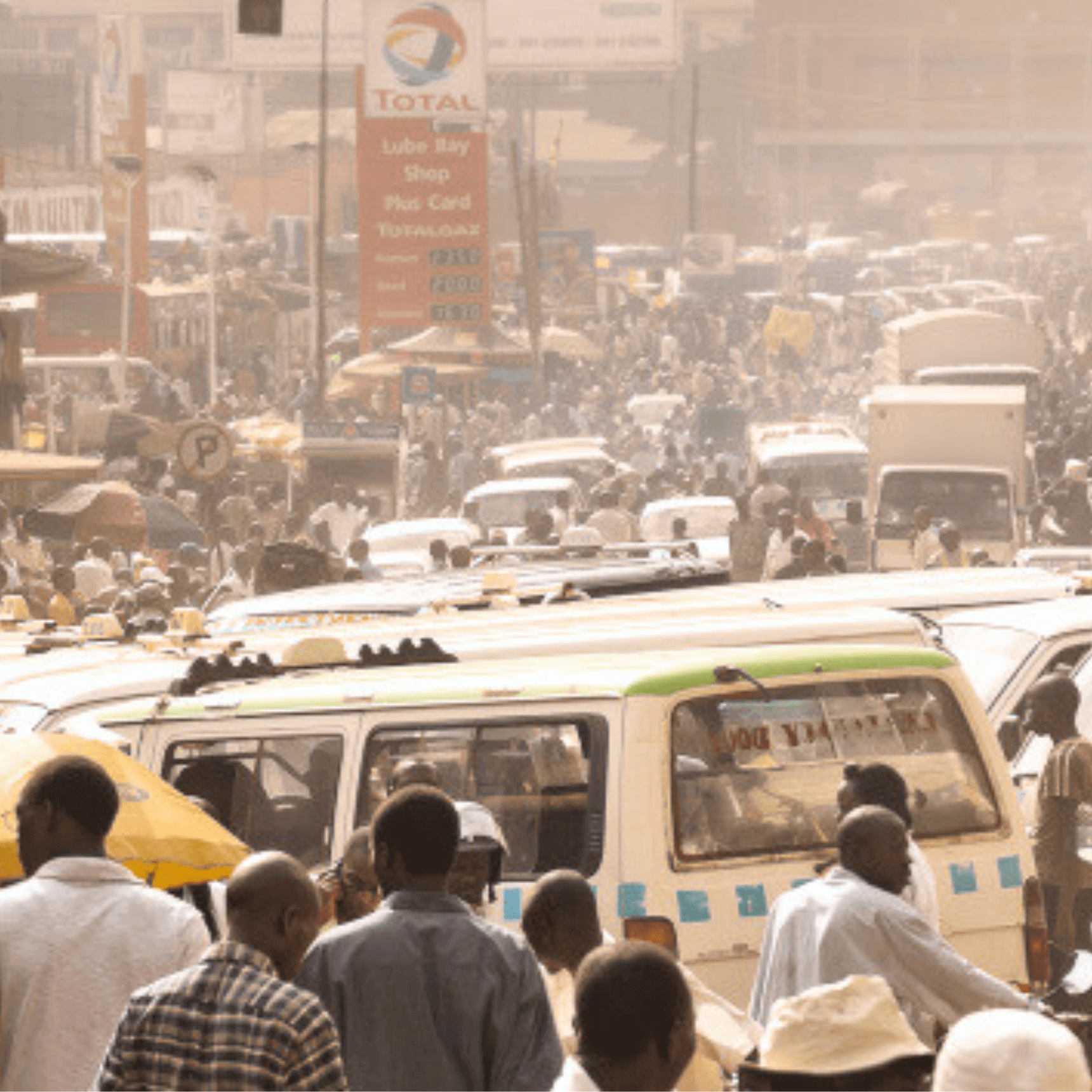
Titre Axe de recherche
Africa on the International Scene
The Africa on the International Scene research axis whithin Ifri's Sub-Saharan Africa Center aims at analyzing the African policies established by the traditional partners of the African continent (France, UK, etc.) as well as by the emerging States (China, Turkey, Brazil, etc.).
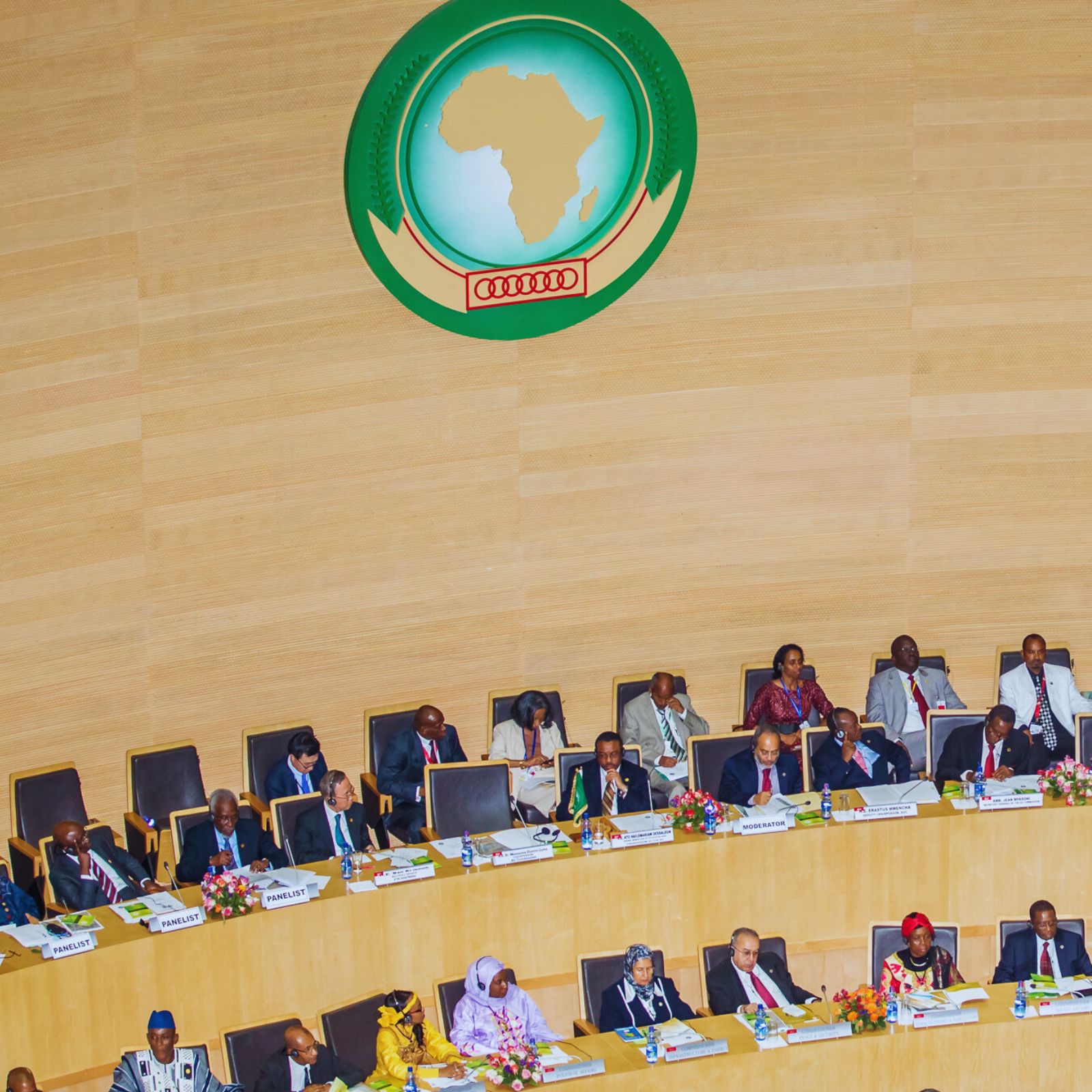
Titre Axe de recherche
Security Issues
The Security Issues research axis of Ifri's Sub-Saharan Africa Center explores the security stakes at play in the Sahel and in the Great Lakes regions. It notably examines the armed movements, the economies of illicit trades and the tensions surrounding natural ressources.
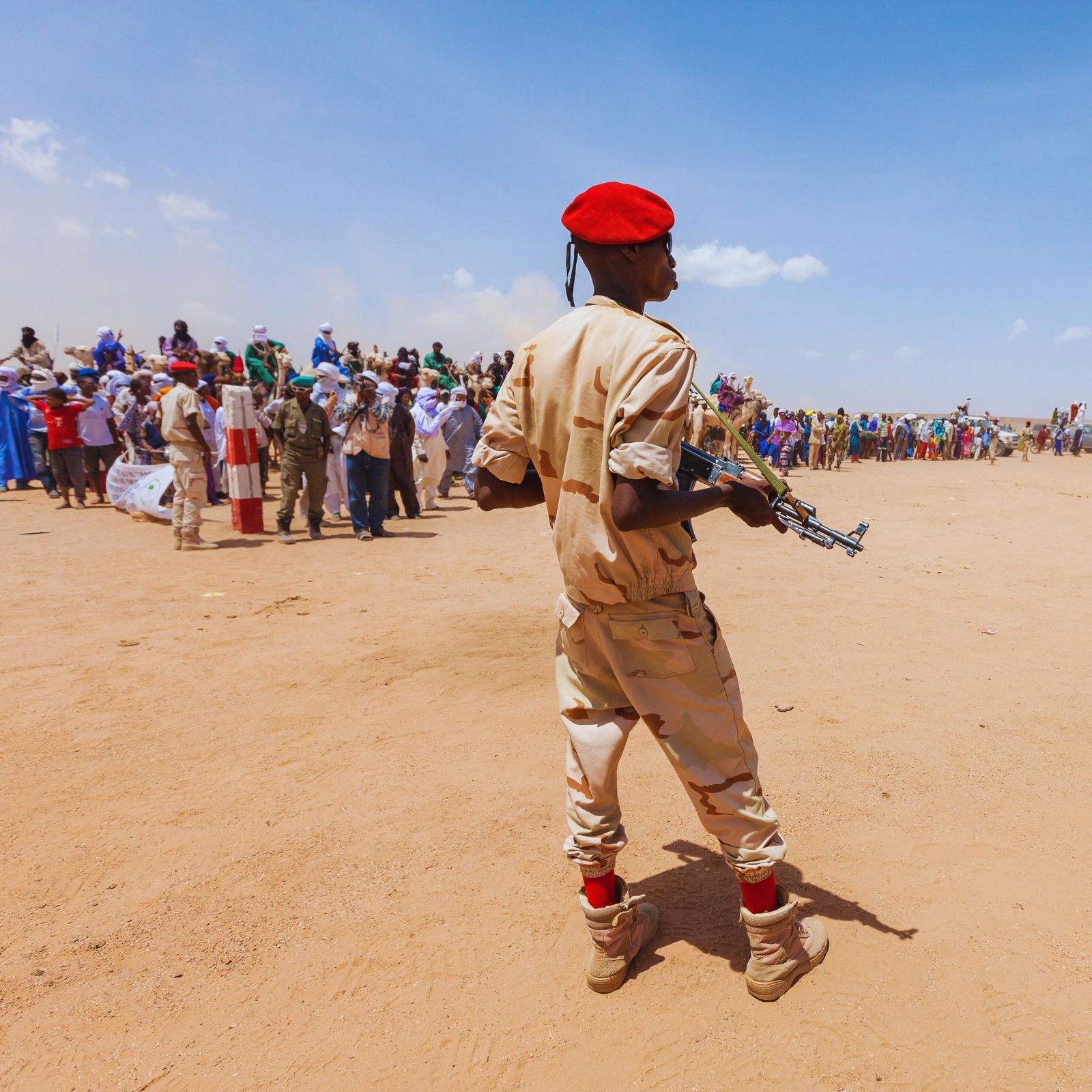
Titre Axe de recherche
Elections, Governance and Evolution of the State in Africa
The Elections, Governance and Evolution of the State in Africa research axis whithin Ifri's Sub-Saharan Africa Center covers electoral processes, domestic political dynamics, public policies, State governance practices, as well as State model evolutions on the African continent.
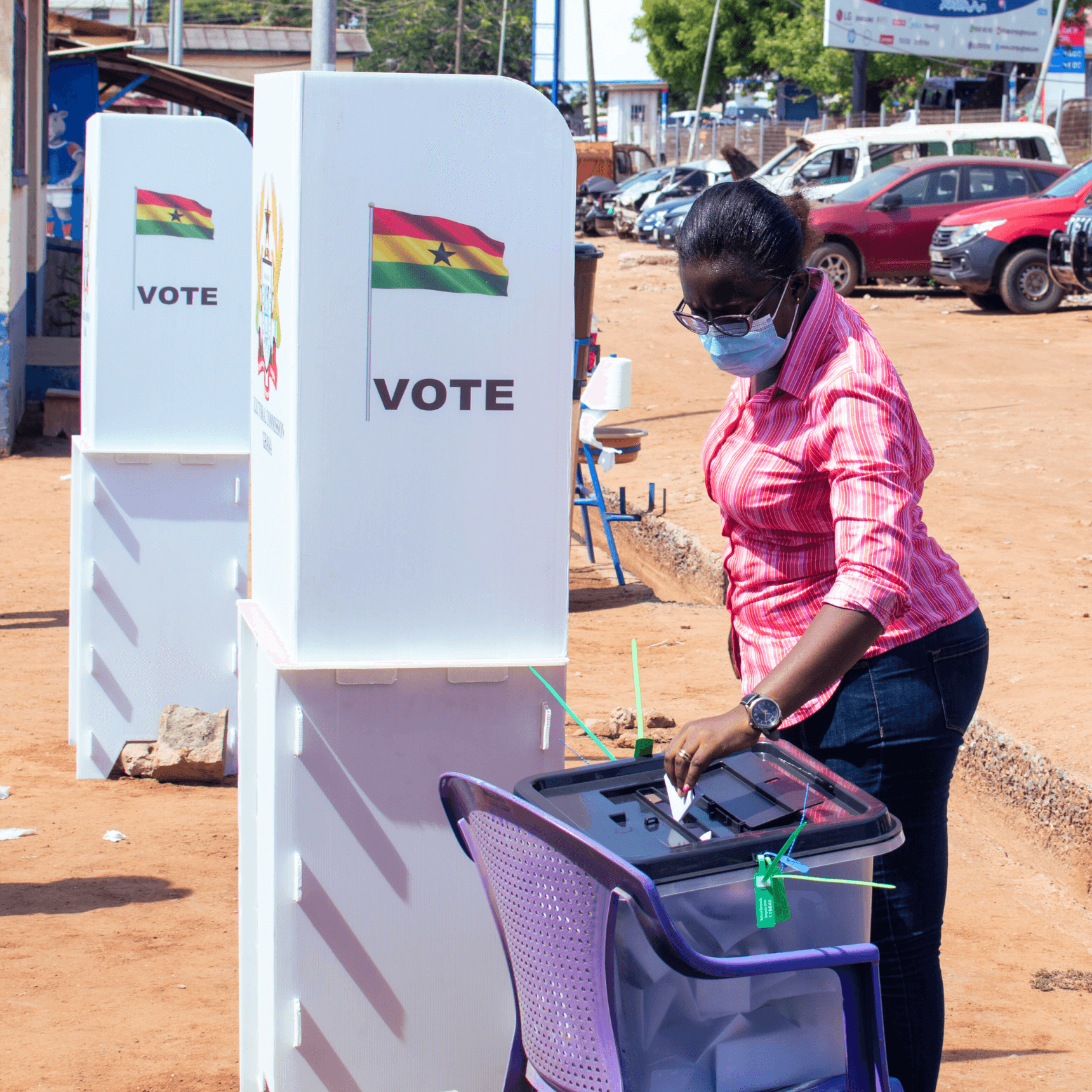
Titre Axe de recherche
Socio-economic Transformation of Africa
The Socio-economic Transformation of Africa research axis whithin Ifri's Sub-Saharan Africa Center focuses on African middle-classes, on African cities as a growth factor, on the urbanization of the continent as an element of transformation of African societies as well as on competition for access to land.
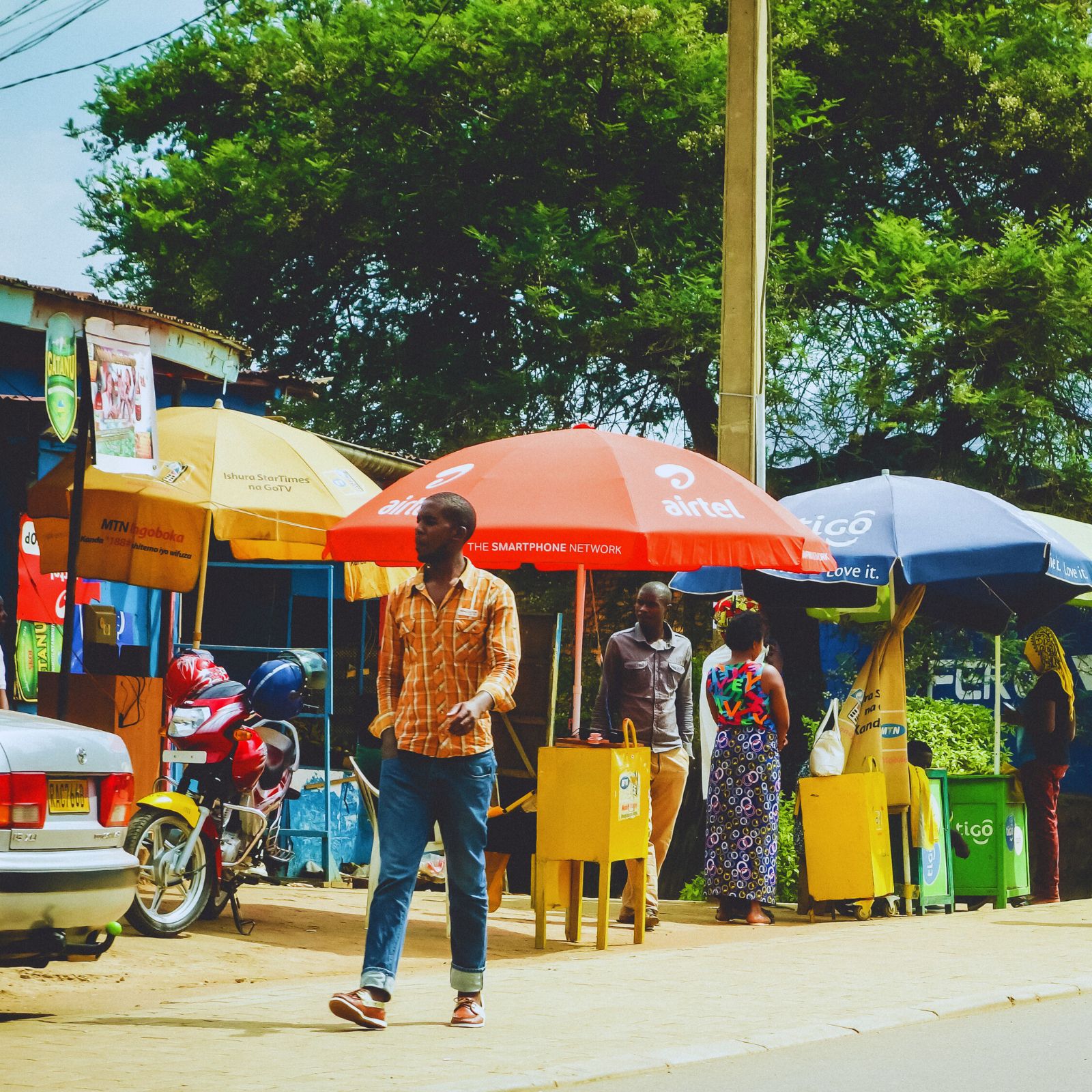
Titre Axe de recherche
Energy Challenges in Africa
The Energy Challenges in Africa research axis whithin Ifri's Sub-Saharan Africa Center adresses the exploitation of extractive natural resources on the African continent. It also covers the geopolitical stakes that derive from it, and the governance practices in this sector implemented by producing countries and by those about to become producing, such as East African States.
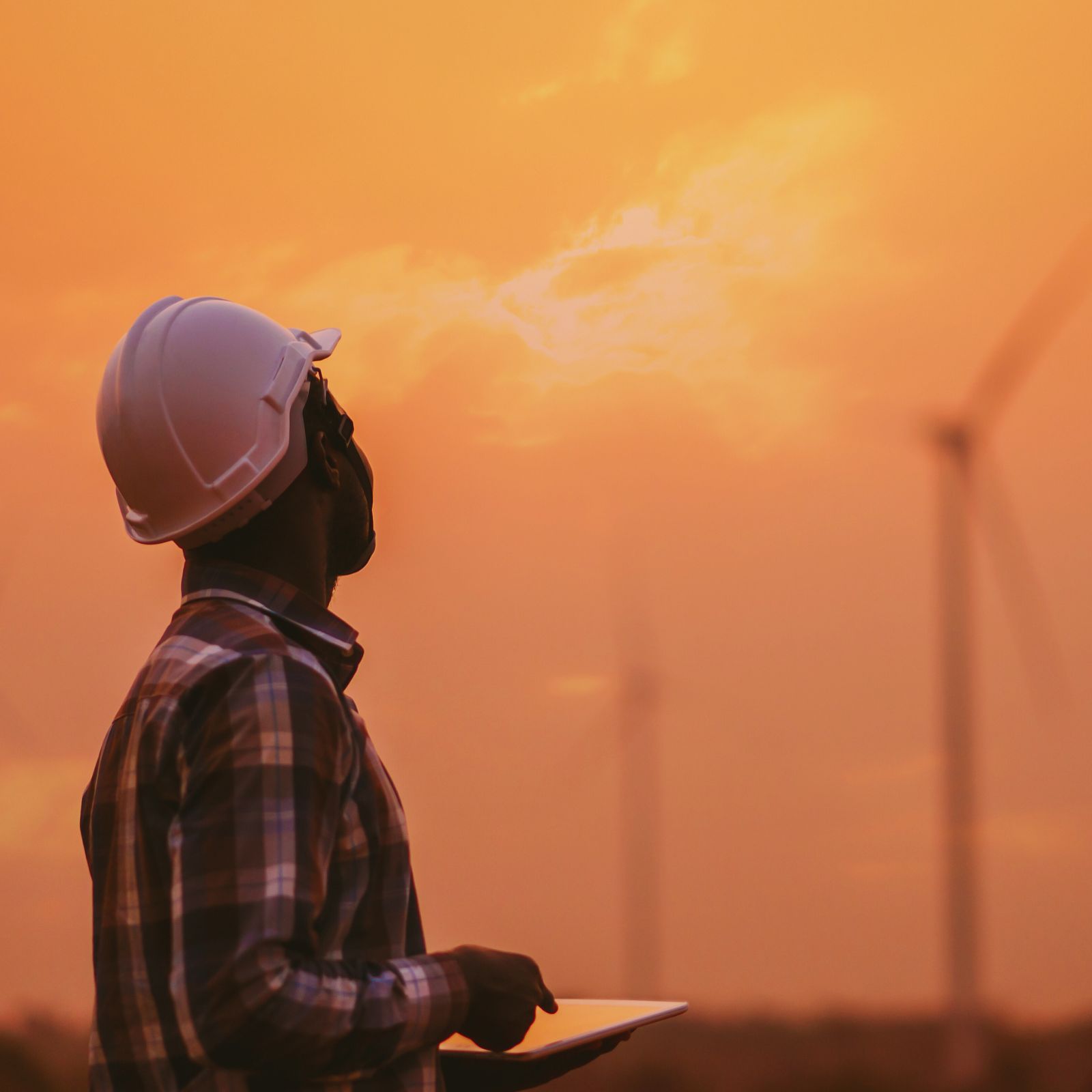
Publications
Gulf States: A Paradoxical Economic Lifeline for Sudan
For decades, Gulf states have provided crucial financial assistance to Sudan. Gulf interest in Sudan is driven by economic benefits and geopolitical competition, though each country has its own interests and approach.
Understanding Intermediate Cities in Nigeria: The Cases of Ibadan and Abeokuta
Nigeria is known for its rapid demographic and urban growth.
Nigeria’s Oil Wealth and International Relations: Multilateral and Bilateral Lending and Decolonial Therapies
Before Angola surpassed Nigeria as Africa’s top oil producer in April 2023, Nigeria was Africa’s main oil exporter even before the country gained independence in 1960.
The Major Challenges of Ahmed Bola Tinubu's Nigerian Administration
Voter turnout for Nigeria's presidential elections in February-March 2023 has never been so low since the country's return to democracy in 1999. Nigeria's new president, Ahmed Bola Tinubu, must now reassure voters that Africa's leading economy is capable of putting the lie to a persistent image of a country in decline.
Cross-border Dynamics in Terrorist Mobility and Infiltration along the East African Coastlines
This paper looks at how terrorism has thrived in the East African region, the evolving nature of criminality and terrorism, and the crime-terror nexus in the coastal and maritime areas of East Africa. The emphasis of the analysis is on the Kenyan coastal regions with a focus on three counties, namely, Kwale, Kilifi, and Lamu.
Kenya’s 2022 Election. Ruto’s Win and Intra-Elite Struggles
This paper aims to highlight how and why William Ruto won the 2022 presidential elections against Raila Odinga by focusing on his political strategy before, during and after the campaign.
Sudan in Turkey’s African Geopolitics: A Sotto Voce Experience in a Coveted Region
Since the launch of the Opening Plan to Africa in 2003, Turkey's African policy has spread to the whole of the African continent, where its involvement is distinguished by its scope and diversity.
The national DDR policy for Boko Haram ex-combatants in the Extreme North of Cameroon. Issues, challenges and limits
Surprised and harassed by Boko Haram’s atrocities from mid-2013, the Cameroonian authorities initially responded with strong military and judicial responses that helped to contain the threat and regain control of the situation.
Japan’s Africa policy: Back to basics in times of crisis
Addressing remotely the 8th Japan-Africa TICAD Summit held in Tunis between August 27th and 28th, Japanese Prime Minister Fumio Kishida pledged $30 billion in public and private contributions to the African continent over the course of the next three years. This is a quite a remarkable move, as no specific amount was mentioned by the late Prime Minister, Shinzō Abe, at the previous TICAD 7 in 2019. By doing so, Japan aims at demonstrating that its commitment to Africa is solid and sustainable: its traditional approach towards a human-centered development is more relevant than ever in these times of crisis (between the pandemic, the war in Ukraine, and the adverse effects of climate change), and clearly marks a difference from China’s practices.
SWAPO: The Beginning of the Political Challenge
Increasingly, the South West Africa People’s Organization (SWAPO) is on shaky ground, caught between internal factionalism and external resentment. Whereas no major new political party has emerged since independence, opposition parties are gradually gaining support, mainly among young voters, and now control the three most important economic centers, weakening SWAPO's thirty-year one-party domination.
The Team

Our research fellows: Sub-Saharan Africa Center
Related research programs
Support independent French research
Ifri, a foundation recognized as being of public utility, relies largely on private donors – companies and individuals – to guarantee its sustainability and intellectual independence. Through their funding, donors help maintain the Institute's position among the world's leading think tanks. By benefiting from an internationally recognized network and expertise, donors refine their understanding of geopolitical risk and its consequences on global politics and the economy. In 2024, Ifri will support more than 70 French and foreign companies and organizations.










